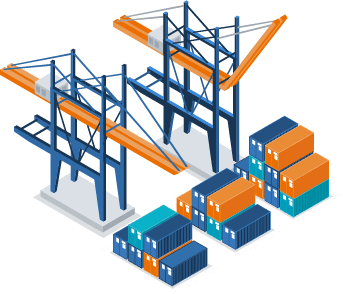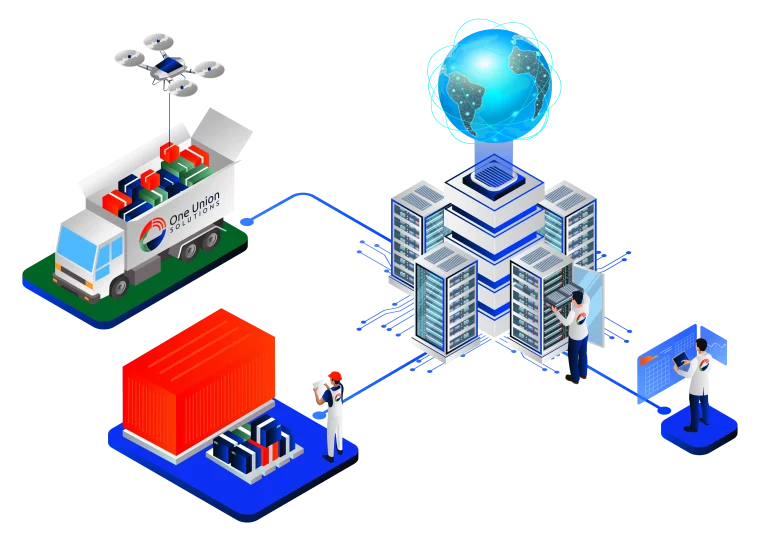Automotive Industry
Following the rules and regulations set out by the government is crucial. To import and export vehicles inside the Laos Union, importers and exporters must adhere to certain regulations set out by the Committee for Goods and Material Subject to Import and Export Control. Having a good grip on the individual needs of your consumers is just as important as understanding when and what sorts of equipment and supplies they want.
Only with the assistance of logistics and transportation services is air travel feasible as safely and efficiently as it is today. Aircraft lanes, conservation gear, food supplies, and power are only some of the things that fall under the umbrella of “aviation logistics.” The Laos Civil Aviation Authority has mandated stringent regulations for all air cargo companies.
Tech Industry
Certification standards and government restrictions must be satisfied before importing any information technology (IT) hardware. Avoid unnecessary delays or fines by familiarizing yourself with the regulations enforced by Laos’s government. When importing IT equipment into Laos, IT businesses must consider tax and tariff effects and certification needs. A savvy accomplice can guide you through the procedure and assist you in avoiding any pitfalls. Fast and consistent shipping is essential in the IT business.
Aviation Industry
When importing equipment in Laos’s aviation sector, it’s crucial to consider any necessary technical specifications. Some examples of these criteria are backward compatibility with already established infrastructure and tolerance to extreme conditions. You need a collaborator who knows their way around the aviation sector and can advise you on how to stay on the right side of all the rules, certifications, and technical necessities. If the importers keep these things in mind, the imported equipment will function consistently and safely in the aviation business.
To ensure the safety and security of its passengers, Laos has implemented stringent laws for the aviation industry. Some regulations and licenses must be met before aviation equipment may be imported or exported. The FOCA of Laos mandates certain safety and performance standards for all aircraft hardware. The classification and place of origin of aviation equipment and components might affect the import duties and taxes levied on them.
Medical Industry
Companies supplying healthcare facilities with IT and telecom technology must be familiar with medical device regulations and standards. Verifying that packaging and labeling meet healthcare requirements is essential. Knowledge of the applicable regulations and standards is necessary when transferring IT and telecom equipment in the healthcare sector. Transporting medical products requires special care, including temperature regulation and stringent packing.
When exporting medical supplies, being familiar with the relevant legislation and standards is crucial. Following the rules established by authorities such as the Laos Ministry of Health and the Lao Customs and Excise Agency is essential. The items must be packaged and labelled correctly to satisfy the regulations the financial sector sets. Medical devices and equipment must adhere to various regulations, certifications, and compliance criteria. A trustworthy importer will have all the credentials needed to process imports without a hitch.


